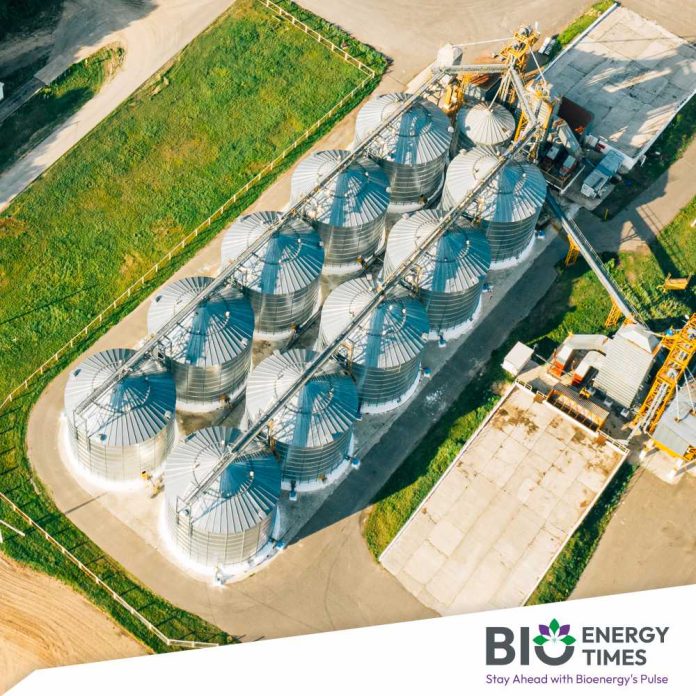Gasum, a Finnish energy firm, is planning the construction of five biogas plants in Sweden as part of its strategy to enhance the availability of renewable gas across the Nordic region. The upcoming Hörby plant will primarily utilize agricultural residues to optimize biogas production locally.
Gasum is executing its strategic plan in Sweden by developing five large-scale biogas facilities. The Götene and Borlänge plants are already under construction and expected to commence commercial operations by late 2024. These plants will convert agricultural residues into biogas, diversifying the renewable energy sources available in the Nordic countries. The Hörby plant, situated in Skåne’s agricultural hub, leverages insights gained from the Götene and Borlänge projects. Its location was chosen for proximity to transportation infrastructure and abundant agricultural feedstocks, with local authorities actively facilitating necessary administrative processes and permits.
The Hörby facility aims to process up to 500,000 tonnes of raw materials annually, predominantly agricultural residues. While Gasum has yet to finalize its investment decision, planning is progressing swiftly alongside permit acquisition. The Hörby project has secured funding from Sweden’s Environmental Protection Agency’s Klimatklivet investment program. Gasum anticipates the Hörby plant could yield 133 GWh of biomethane annually by late 2026, aligning with its strategic objective to introduce 7 TWh of renewable gas annually into the Nordic market by 2027.
Gasum’s expansion in Sweden represents a substantial investment in the biogas sector, expected to enhance renewable gas production capacity and stimulate economic growth in the project regions. The Götene, Borlänge, and Hörby initiatives are integral to Gasum’s strategy to bolster its presence in the Nordic market, aiming to reduce energy costs for consumers and enhance regional energy security. Gasum remains committed to collaborating closely with local authorities to ensure projects proceed on schedule and within budget. The company’s ambition is to quadruple its current renewable gas production, targeting 7 TWh annually by 2027, thereby contributing significantly to energy source diversification in the Nordic countries.














